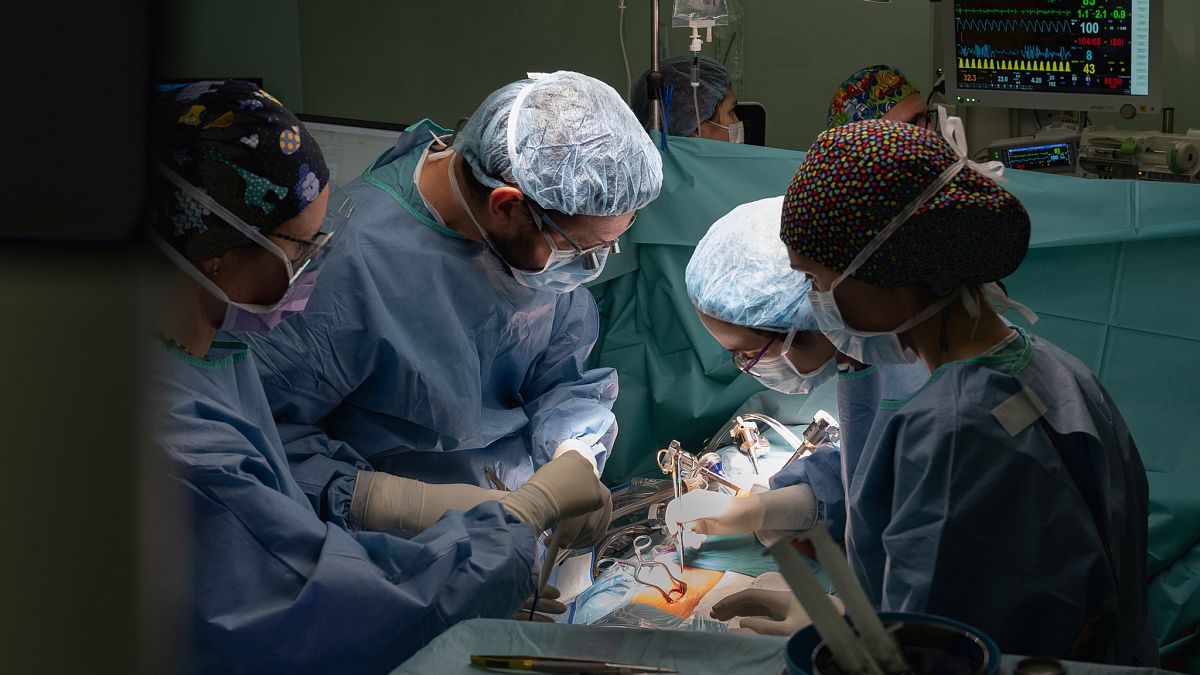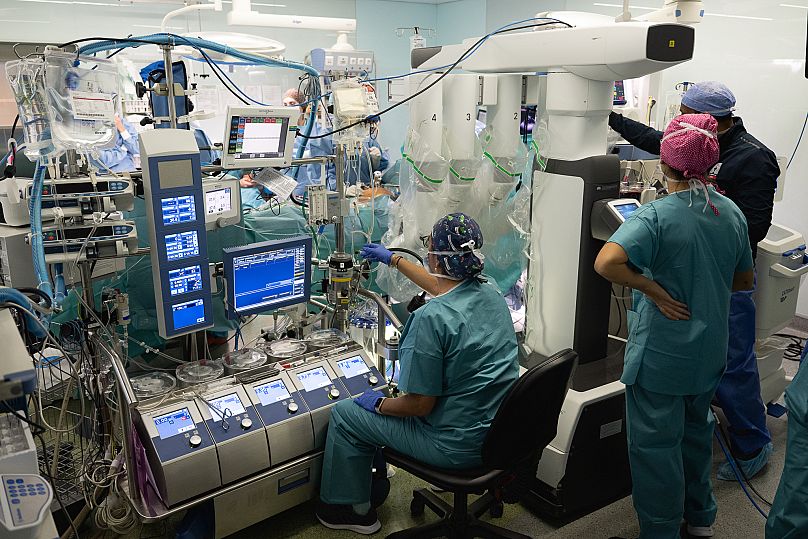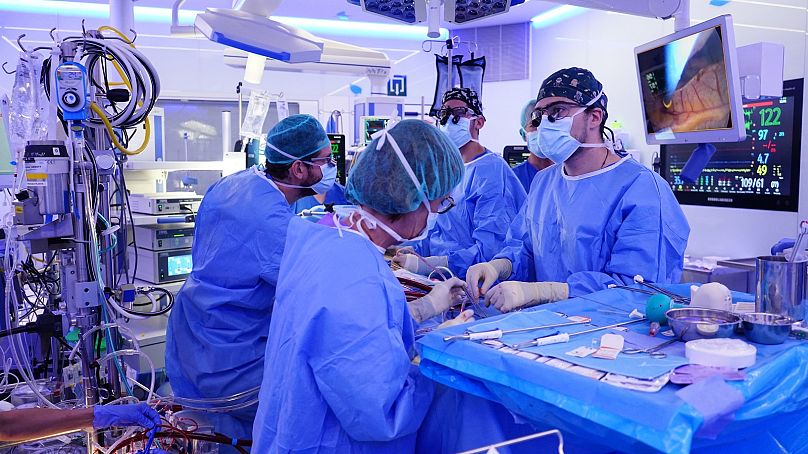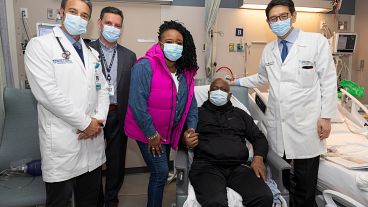Medics at two hospitals in Barcelona operated on two teenagers with congenital heart disorders for the first time with modernised robotic techniques.
For the first time in Spain, robotics has been used in heart surgery on children and teenagers.
On Monday, doctors from two different hospitals in Barcelona operated using this state-of-the-art technique on two adolescents who suffer from congenital heart disease.
Up until now, this type of procedure on young patients involved open-heart surgery, which means the surgeon has to make an incision in the subject's chest.
Robotic heart surgery on the other hand is less invasive, reducing post-operational recovery time and aesthetic impact.
Doctors make small incisions in the patient’s thorax, allowing them to insert a camera into the heart to see the surgical area and which instruments are needed to carry out operations.
Last year, Spanish doctors also lead the way by completing the world's first lung transplant performed entirely by a robot, which no longer requires breaking the patient's ribs.
Congenital heart disease (CHD), refers to one or more problems with the heart structure that are present at birth. These abnormalities occur when the heart or blood vessels don't form correctly in utero.
CHD is one of the most frequently diagnosed congenital (meaning present from birth) disorders, afflicting approximately 1 per cent of live births worldwide.
In most cases, no obvious cause is identified.
Limits of robotic surgeries
One sign of congenital heart disease can be a rapid heartbeat, and potential complications can include heart failure, infections, arrhythmias, slower growth and development, and mental health disorders.
Robotic heart surgeries are limited to the size and age of children, as the instruments involved were designed for adults, in which they are commonly used.
If successful, surgical intervention can often restore most or all of the heart's normal function.
Doctors at Hospital Sant Joan de Déu Barcelona and Hospital Clínic Barcelona say this is why have created a congenital heart disease centre to provide joint care throughout all stages of life to children born with a heart malformation.
The team of 23 professionals, includes cardiovascular surgeons, cardiologists, paediatricians, and anaesthesiologists.
They consider that the centre will make it possible "to extend surgical techniques to the paediatric population that until now have not been applied in the field of paediatric cardiac surgery," wrote in a statement.
In the new joint centre, a total of five children have been operated on. The first child, aged 6, had a heart tumour which needed to be removed.





